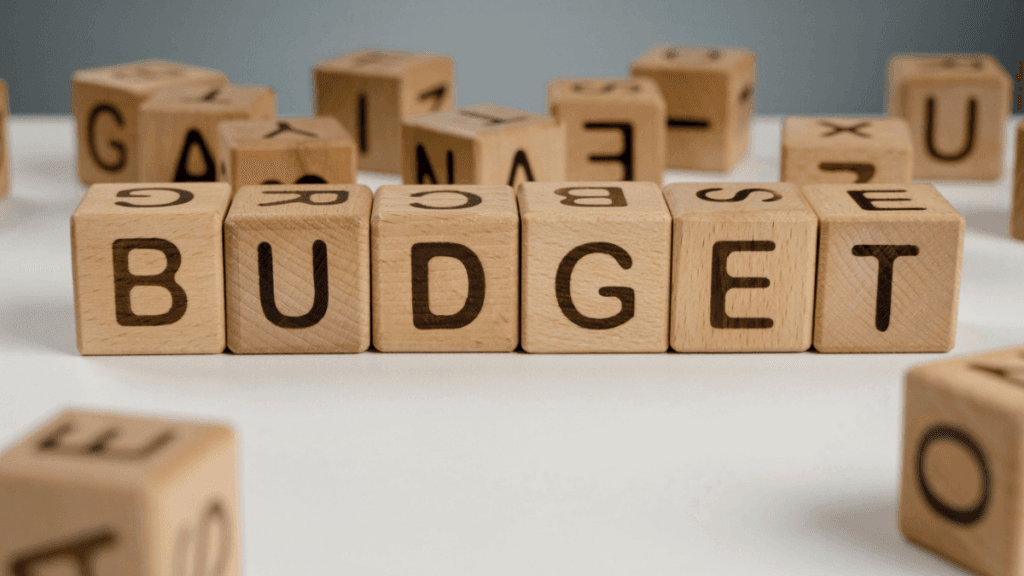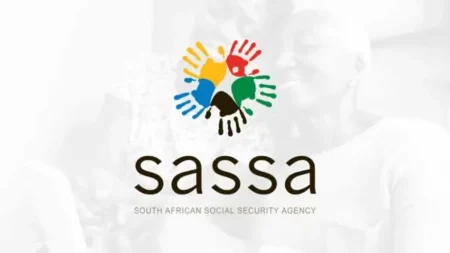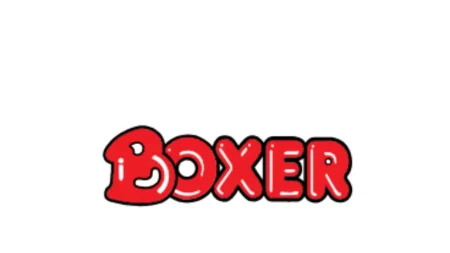The South African government is getting ready to present the 2025 Budget Speech. This budget will focus on responsible growth and making sure the country can sustain itself in the future. Many business leaders and economic experts have shared their expectations and concerns about the budget.
Here’s a simple breakdown of what we might see in the 2025 Budget Speech.
Economic Growth: A Brighter Outlook?
What Experts Are Saying
A recent survey showed that 83% of business leaders in South Africa expect the country’s economy to grow in 2025. Economists also believe that economic growth will improve, but some worry that the government’s predictions may be too optimistic.
Growth Predictions
The South African Reserve Bank (SARB) has estimated that the economy will grow by:
- 2024: 0.5%
- 2025: 1.0%
- 2026: 1.5%
- 2027: 1.6%
Even though these numbers show improvement, South Africa still faces major challenges, such as power shortages and transport issues.
Government Spending: What Will Change?
Where Will the Money Go?
The government has many urgent needs to fund, including:
- HIV Programs: A funding gap of about R2 billion due to reduced international support.
- Social Relief of Distress Grant (SRD): This grant for unemployed people must be increased to keep up with inflation.
- Defence Spending: South Africa’s involvement in the Democratic Republic of the Congo (DRC) conflict has led to calls for more funding for the military.
Where Will the Money Come From?
The finance minister will need to explain how these costs will be covered. Some possibilities include:
- Cutting spending in other areas (such as underperforming government projects).
- Borrowing more money (which could increase national debt).
- Raising taxes (which may be unpopular with businesses and workers).
Balancing the Budget: A Tough Task
Current Budget Deficit
The budget deficit (the gap between government income and spending) is expected to be:
- 2023/2024: -4.5%
- 2024/2025: -5.2%
- 2025/2026: -4.8%
- 2026/2027: -4.4%
- 2027/2028: -4.0%
This means the government is spending more than it earns, leading to higher debt. Experts hope that the government will stick to its plan to reduce this deficit over time.
State-Owned Enterprises (SOEs): Will They Get More Help?
South Africa’s state-owned enterprises (SOEs), such as Eskom and Transnet, are struggling.
- Eskom needs help collecting payments and maintaining power supply.
- Transnet requires about R90 billion to fix and upgrade its transport infrastructure.
The government must decide whether to give these SOEs more funding or push them to operate more efficiently. Many experts believe that underperforming SOEs should be sold off or merged to reduce the financial burden on taxpayers.
National Debt: A Growing Concern
Why Is Debt a Problem?
South Africa’s debt has been rising for years. If borrowing continues, it could lead to:
- Higher interest payments (which take money away from essential services like healthcare and education).
- A weaker credit rating, making it harder and more expensive for the country to borrow money in the future.
Possible Solutions
Some economists hope the government will introduce a debt ceiling or stricter rules to limit how much money it borrows.
Climate Change: Will the Budget Address It?
Extreme Weather and Infrastructure Damage
South Africa has faced severe weather events, like the KwaZulu-Natal floods, which caused over R50 billion in damage.
Energy Transition Funding
The Just Energy Transition, meant to help South Africa shift from coal to cleaner energy, is uncertain due to reduced funding from the United States and the United Kingdom.
The government will need to:
- Find new funding sources for green energy projects.
- Support municipalities in preparing for future climate disasters.
Social Grants: Will the SRD Grant Be Increased?
The Social Relief of Distress (SRD) Grant, which helps millions of unemployed South Africans, has been a major topic.
- A court ruling says the grant must be increased for inflation and made easier to access.
- The government is likely to extend the grant, but it will need to explain how it will pay for it.
Some experts believe that tax increases may be necessary to keep the SRD Grant running in the long term.
Municipal Finance: Are Local Governments in Trouble?
Many municipalities are struggling financially, with some unable to pay salaries or electricity bills.
A government program was introduced to help municipalities pay their debts to Eskom, but only 14 out of 72 councils have met their payment obligations.
Experts expect the budget speech to address these challenges and propose tighter financial management for municipalities.
Taxes: Will They Increase?
Income Tax and VAT
- No major tax increases are expected, but the government may adjust tax brackets for inflation.
- VAT collections have been lower than expected, but the government is unlikely to raise VAT rates in 2025.
Fuel Levies
- The general fuel levy has remained unchanged since 2021.
- An inflation-linked increase in the fuel levy is expected.
Alcohol and Tobacco Taxes
- Expect above-inflation increases on alcohol and tobacco.
- A new track-and-trace system for cigarettes could be introduced to tackle illegal trade.
Sugar Tax
- The health promotion levy (sugar tax) has been frozen for the past two years.
- It is likely to remain unchanged in 2025.
What to Expect from 2025 Budget Speech
The 2025 Budget Speech will have to balance many competing needs. The government must:
- Support economic growth while managing debt.
- Provide funding for social programs like the SRD Grant.
- Improve infrastructure without excessive borrowing.
- Address power and transport issues affecting businesses.
While the budget is expected to be cautious, spending cuts and tax adjustments may be necessary to keep South Africa’s economy stable.










